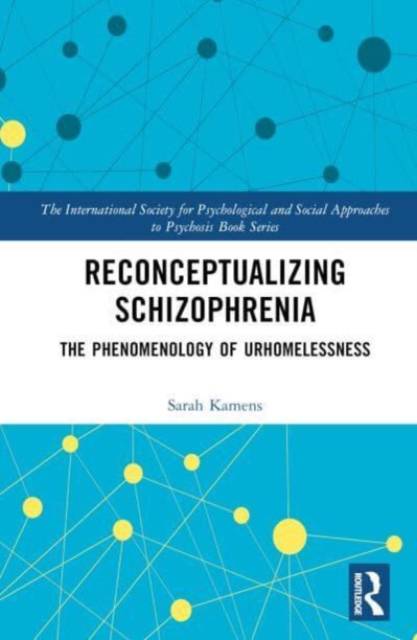
- Afhalen na 1 uur in een winkel met voorraad
- Gratis thuislevering in België vanaf € 30
- Ruim aanbod met 7 miljoen producten
- Afhalen na 1 uur in een winkel met voorraad
- Gratis thuislevering in België vanaf € 30
- Ruim aanbod met 7 miljoen producten
Omschrijving
This volume presents a novel, international research study that reconceptualizes schizophrenia through an investigation of ways in which the first-hand experiences of those with a diagnosis differ from conventional diagnostic definitions.
Offering insight into the history of psychiatric taxonomies in general and the invention of the schizophrenia diagnosis in particular, Reconceptualizing Schizophrenia maps the emergence of uncertainties about the empirical and conceptual status of contemporary diagnostic systems. Particular focus is given to the heterogeneity problem, or the problem of wide empirical variation within and between disorder categories. At the heart of this book are interviews with mental health service users with psychotic-disorder diagnoses in New York City and Jerusalem. Through a detailed portrait of their existential and socio-institutional worlds, the book unveils a way of being-in-the-world characterized by the experience of feeling profoundly vulnerable and unsafe in an inhospitable world as well as foreclosed from belonging to one or more human communities. As this psychological portrait of urhomelessness unfolds, the reader becomes slowly aware of the relationships between psychotic experiences - often thought to be bizarre or 'un-understandable' - and the timeless ways in which all humans seek to dwell in the world.
Making an important contribution to the phenomenological-existential literature on psychosis, and demonstrating interdisciplinary and transcultural approaches to understanding anomalous experiences, this volume will be of great interest to researchers and scholars of transcultural psychiatry, clinical psychology, and critical theory.
Specificaties
Betrokkenen
- Auteur(s):
- Uitgeverij:
Inhoud
- Aantal bladzijden:
- 274
- Taal:
- Engels
- Reeks:
Eigenschappen
- Productcode (EAN):
- 9780367151713
- Verschijningsdatum:
- 14/04/2023
- Uitvoering:
- Hardcover
- Formaat:
- Genaaid
- Afmetingen:
- 156 mm x 234 mm
- Gewicht:
- 589 g

Alleen bij Standaard Boekhandel
Beoordelingen
We publiceren alleen reviews die voldoen aan de voorwaarden voor reviews. Bekijk onze voorwaarden voor reviews.











